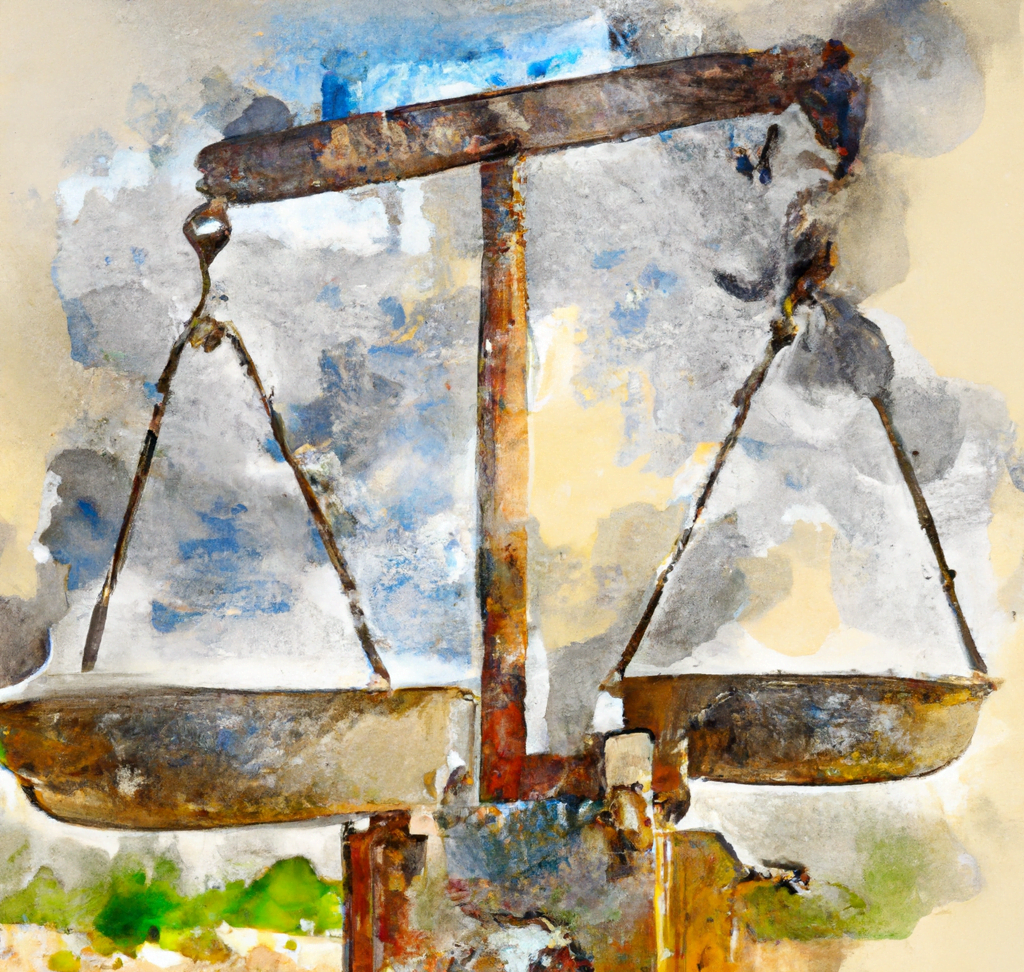All information below is sourced from the Media Arts & Entertainment Alliance
MEAA Journalist Code of Ethics. (2019, December 17). MEAA. https://www.meaa.org/meaa-media/code-of-ethics/
MEAA Journalist Code of Ethics
MEAA initiated Australian media self-regulation in 1944 when it created the MEAA Journalist Code of Ethics (see the FAQs tab below). Under MEAA’s rules, registered with the Fair Work Commission, MEAA’s Journalist Code of Ethics only applies to MEAA Media’s journalist members.
MEAA Guidelines on Reporting Hate Speech and Extremism
MEAA is concerned at the rise of hate speech in Australia. Racist attitudes and hate speech pose a threat to democracy, a free media and racial equality. MEAA’s Guidelines on Reporting Hate Speech and Extremism are an editorial tool to assist journalists as they carry out their duties. Read more here or download a .pdf of the Guidelines here.
MEAA Guidelines for Reporting on LGBTQIA+ Issues
MEAA has introduced guidelines to assist journalists to deliver respectful coverage of LGBTQIA+ people and the issues they face. The aim is to provide a range of tools to help journalists produce ethical reporting that is guided by MEAA’s Journalist Code of Ethics. Read more here or download a two-page factsheet here or a .pdf of the Guidelines here.
MEAA Journalist Code of Ethics
Respect for truth and the public’s right to information are fundamental principles of journalism. Journalists search, disclose, record, question, entertain, comment and remember. They inform citizens and animate democracy. They scrutinise power, but also exercise it, and should be responsible and accountable.
MEAA members engaged in journalism commit themselves to:
Honesty
Fairness
Independence
Respect for the rights of others
Journalists will educate themselves about ethics and apply the following standards:
1. Report and interpret honestly, striving for accuracy, fairness and disclosure of all essential facts. Do not suppress relevant available facts, or give distorting emphasis. Do your utmost to give a fair opportunity for reply.
2. Do not place unnecessary emphasis on personal characteristics, including race, ethnicity, nationality, gender, age, sexual orientation, family relationships, religious belief, or physical or intellectual disability.
3. Aim to attribute information to its source. Where a source seeks anonymity, do not agree without first considering the source’s motives and any alternative attributable source. Where confidences are accepted, respect them in all circumstances.
4. Do not allow personal interest, or any belief, commitment, payment, gift or benefit, to undermine your accuracy, fairness or independence.
5. Disclose conflicts of interest that affect, or could be seen to affect, the accuracy, fairness or independence of your journalism. Do not improperly use a journalistic position for personal gain.
6. Do not allow advertising or other commercial considerations to undermine accuracy, fairness or independence.
7. Do your utmost to ensure disclosure of any direct or indirect payment made for interviews, pictures, information or stories.
8. Use fair, responsible and honest means to obtain material. Identify yourself and your employer before obtaining any interview for publication or broadcast. Never exploit a person’s vulnerability or ignorance of media practice.
9. Present pictures and sound which are true and accurate. Any manipulation likely to mislead should be disclosed.
10. Do not plagiarise.
11. Respect private grief and personal privacy. Journalists have the right to resist compulsion to intrude.
12. Do your utmost to achieve fair correction of errors.


